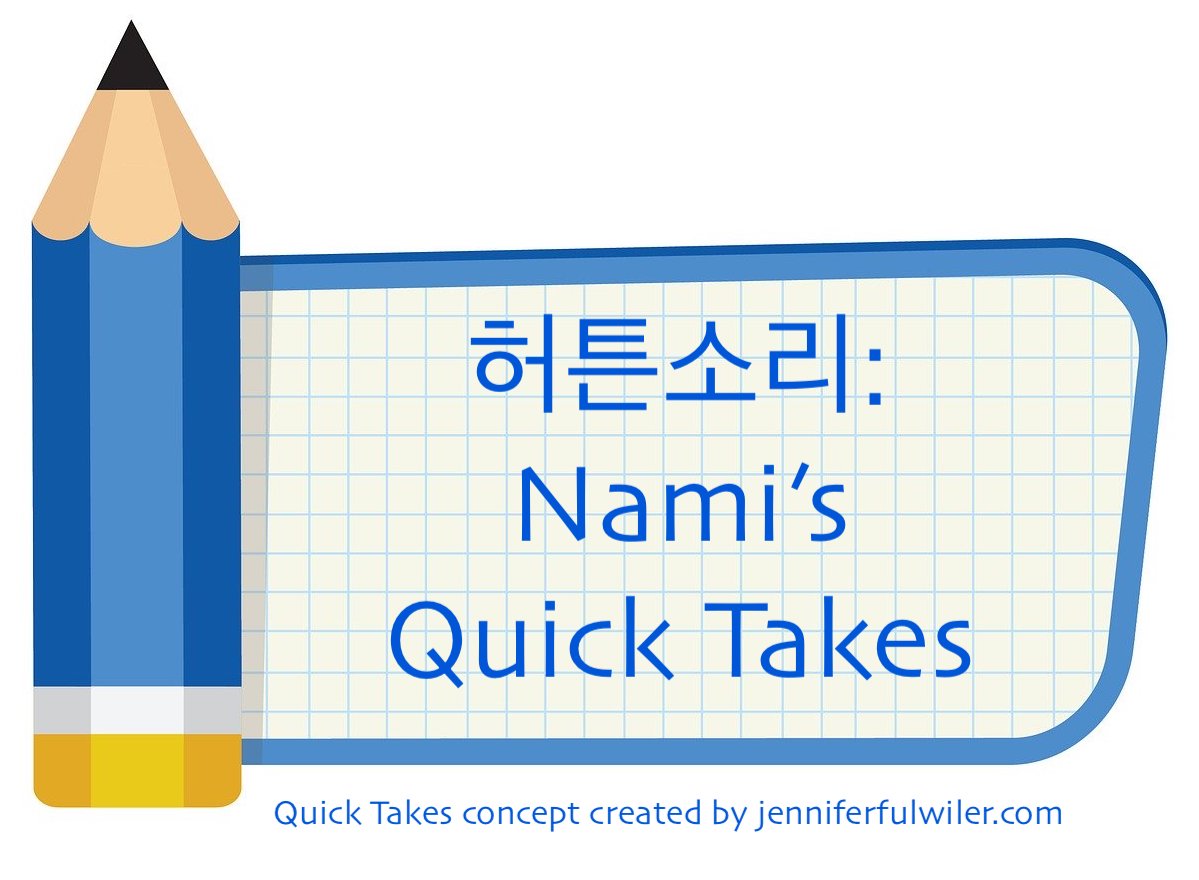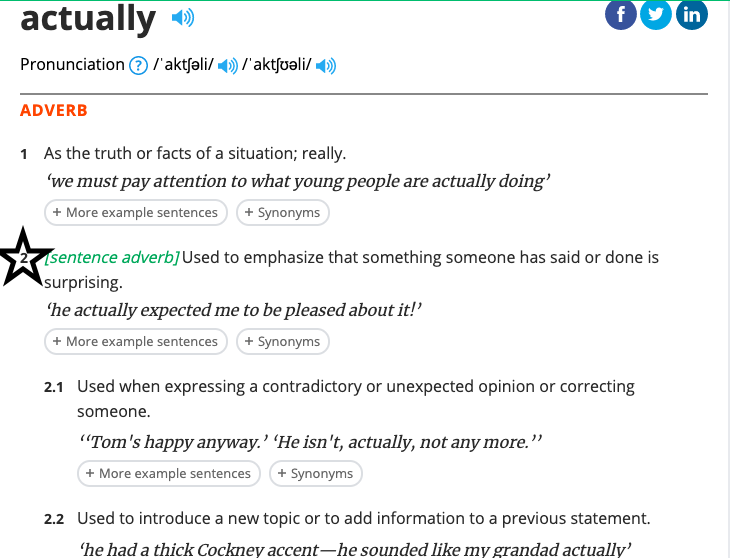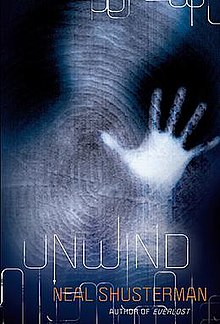Impey Barbicane <3

— 1 —
I’m gonna change formula just a tiny bit here – I haven’t been listening to kpop as much lately (I still enjoy it), as it’s taken a backseat to gaming as my main hobby the past few years. What can I do easily without much thought, I wondered?
Introduce you to some anime men. So….to inaugurate this I’ll show you someone I think I’ve shown before:
Impey Barbicane from Code: Realize! Impey is actually a character from Jules Verne’s From the Earth to the Moon, and is extremely different from his otome game counterpart. Today’s Impey, however, is a genki engineer flirt who plans to get to the moon one day. Despite his mild Chivalrous Pervert tendencies and himbo behavior, he’s actually quite the respectful and intelligent guy. (And he really likes the MC.)
— 2 —
I’ve decided to try and learn Japanese! A part of me wishes I had started with Japanese instead of Korean ten years ago, mainly because I didn’t realize how big a difference ten years would make in my energy. That part is also anxious that I won’t be able to actually learn; but I remind myself that it’s never too late to start something. I didn’t start learning Korean as a kid and I still managed a lot. As long as I keep at it, that’s all that matters.
I decided to start with Genki, and after looking at the Level 1 book that wants me to know hiragana for Lesson 1 and katakana for Lesson 2, I decided to just memorize kana first. It’s gonna take me a while, but I know I can do it.
I’m practicing mostly by learning to write them right now. Sounds crazy and might not be the best path, but I’m a pretty tactile person. Writing the characters over and over was how I learned Hangul, and I have the disadvantage of having seen lots of romanization over the years. I want to try and counter that as quickly as possible.
— 3 —
Every so often I go on a kind of horror kick: it’s calmed down a bit but I’m still looking for horror movies to watch. A good one I recommend is Incantation. It’s a Taiwanese found-footage horror movie on Netflix. The found-footage part didn’t bother me too much, and it was legitimately creepy; I enjoyed it.
I’ve watched a bunch of random other ones over the past couple years. It’s surprisingly easy to find older stuff for free on sites like Tubi and Pluto. It’s how I watched Japanese movies like Audition and even the original Ringu movies; as well as Cronenberg’s Dead Ringers and Shivers.
Recently – though I never would have dreamed of doing so even just a few years ago – I gave the Saw series a try, since I like death game stories. Saw III was my limit (past my limit, really). The original Saw was good with an interesting end twist (and to my shock, the guy who looked like Cary Elwes was Cary Elwes); and Saw II was ok – neither had the same kind of gratuitous, detailed focus on graphic torture that characterized Saw III.
I think it should’ve stopped at the original, since the point it makes is 1) appropriate for a horror movie and 2) gets muddled in sequels that try to justify Jigsaw’s behavior. Not a murderer my ass – you don’t have to pull the trigger yourself to be a killer, wise guy.
— 4 —
Gas is expensive and I lack energy so I was very happy to find a rather bar-like cafe near me that’s open until 10 PM. They serve surprisingly good tacos, and have events (trivia, live music, open mic nights) on several days. Twice I’ve been while they had live music. It makes it a bit difficult to focus if I’m on a Discord call or listening to some music, but I usually have something else I can do while enjoying the music as well.
— 5 —
Right at this very moment as I write, I’m packing for a 9 hour car trip to see family. I’ve been taking things out to the car tonight to be better prepped since it will be a rather early morning, and it’s such a nice night. The moon seemed rather close, and like a perfect little fingernail, in a clear sky, on a night just chilly enough to need a light sweater.
I’m so glad it’s finally fall~
— 6 —
I’ve been reading a lot more webtoons/manga the past year. Mostly BL, but also some other things. I’m almost done with Wotakoi; I need to keep reading Phantom Tales of the Night. I’ve bought a lot of manga but I don’t really have room for that much. So while I want to buy as much of The Case Study of Vanitas as there is (it’s so beautiful, Mochizuki Jun really…how dare…my heart….), I can’t do that for every series.
That’s why I buy more BL than anything else – lots of other series are longer running, and there are long-running BL, but there seem to be a lot more one, two, or three volume BLs. Which means more stories per shelf.
I suppose if I got really into it I could just…pay for a bigger storage area….TT_TT
— 7 —
I just finished the live-action One Piece the other day and I really liked it! I tried the anime once but couldn’t get into it past the first couple episodes. I think the art style was a bit off-putting for me. But this has convinced me to give it another go! I don’t think I’ve heard a single negative thing about One Piece. So hopefully you’ll hear more from me about the Straw Hat pirates.












